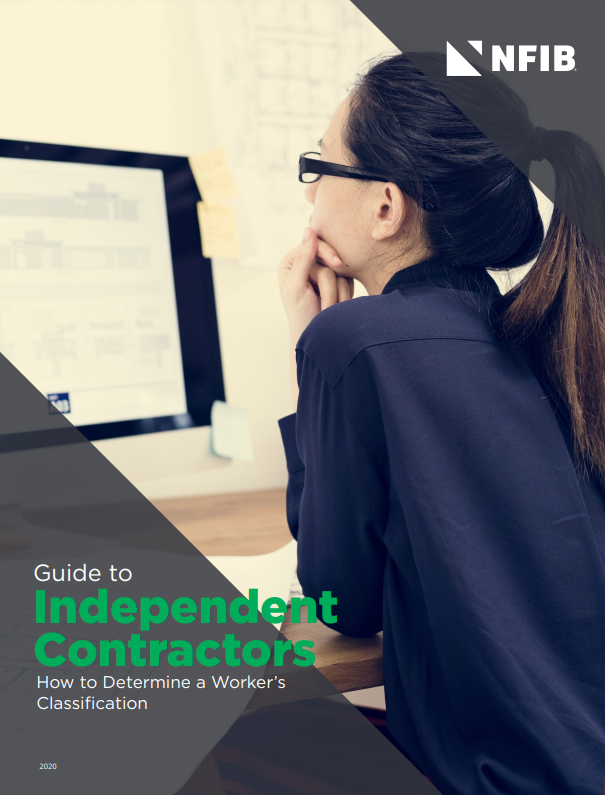Determining whether an individual is an employee or independent contractor is often more difficult than it would seem. Misclassification of an individual – calling someone an independent contractor when they are an employee – can lead to expensive legal and tax problems with federal and state agencies and lawsuits from the misclassified individual.
Confusion on classification is due, in part, to the fact that there are at least three different tests used by government agencies for determining who is an independent contractor. Each test consists of different factors that must be present to determine the classification but can be complicated by whether a factor determines classification or if all factors must be present.
- Common Law Test: This test determines control versus independence. An employer-employee relationship exists when the business has the right to control the worker performing the services, the result of the work, and how the result is accomplished. Generally, an independent contractor relationship exists when the worker independently performs services outside of the business’ control.
- Economic Reality Test: There is an employer-employee relationship when a worker is economically dependent on the business for which services are rendered.
- ABC Test: Statutory test, mainly used to determine worker status for unemployment compensation purposes at the state level.
NFIB continues to advocate in the courts and before federal agencies for a simplified independent contractor standard. The National Labor Relations Board (NLRB) is considering its current standard for determining independent contractor status of workers in The Atlanta Opera, Inc. case. NFIB filed an amicus brief at the NLRB opposing a stricter standard that would make it more difficult for small business owners to comply.
Read more about The Atlanta Opera, Inc. case and other anti-small business initiatives the NLRB is working to advance.
NFIB opposes the new proposed DOL rule and changes to the Independent Contractor standard. This rule will complicate the current standards and ultimately lead to frivolous litigation and increased costs for small businesses.
NFIB continues to oppose the PRO Act which would include a strict ABC test. Read more about the PRO Act here.
For further guidance on classifying individuals, the NFIB Small Business Legal Center offers a Guide to Independent Contractors to help small businesses determine classification and avoid penalties.
